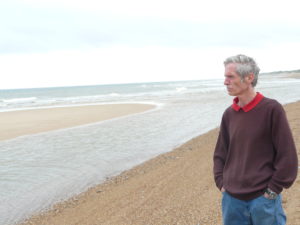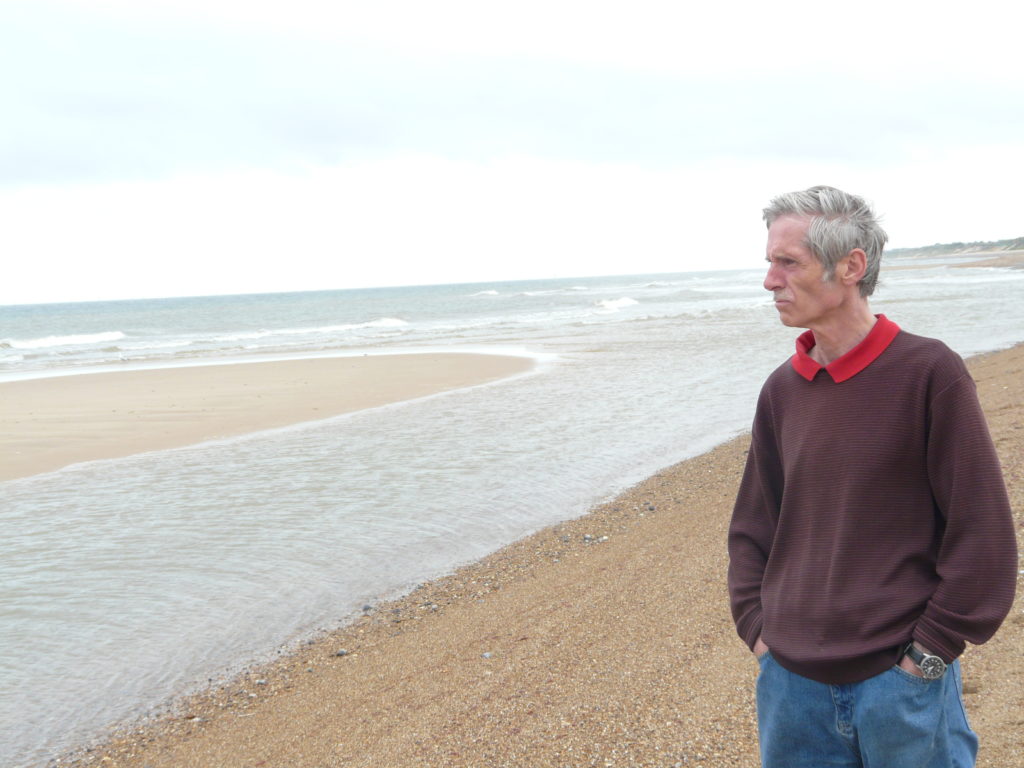I remember the moment when I saw my first speed camera. It was in the early 1990s, on my way back to Norwich from Scotland. I was overtaking a lorry, and it flashed its lights at me. At first I thought the driver was just annoyed that I was passing him – some people are like that – but in fact he was warning me. As I regained the left-hand side of the road I saw a strange machine at the roadside ahead. Instinctively, I slowed.
I did not get fined. In fact, unbelievably, I have never been “caught speeding” by a camera. Either that, or I have a friend in high places who cancels all my transgressions before I am even aware of them.
I certainly exceed the speed limit on occasion. So do you, unless you are a really bad driver. But with apologies to my friends in the media who believe otherwise, that is not speeding. Speeding is driving recklessly fast, so as to endanger the lives of myself or others. When the news machines report that speeding has increased over recent years, what they mean is that the speed limit has been exceeded more often, and people have been caught doing it. Not so easy to get into a headline, but there you are.
Unsurprisingly, exceeding the speed limit happens more often when you keep lowering the speed limits, under the illusion that this is a safety measure. It would be interesting to know how many accidents have been caused by compulsively law-abiding people reluctant to accelerate, when that could have got them out of the danger zone. (And of course you have greater control of a vehicle when you’re accelerating than when you’re braking.)
I wrote headlines professionally for years; so I understand how it works. “Speed kills” is a great headline, but of course it isn’t true. Ask any physicist. “Twenty’s Plenty” is a lovely headline, but it’s not true either. Unfortunately most government is now done by headlines; so of course the move is towards 20mph speed limits, despite the fact that on nearly all roads they are totally unrealistic.
I have just been to Scotland again, and I am sad to report that driving in the Highlands has become less enjoyable. That is partly the fault of the tourism industry, which has lured convoys of motor homes on to the previously unspoilt acres of the North Coast 500. But it is also the creeping tendency to introduce speed cameras (mostly mobile ones, operated by unmarked police cars) on to certain routes.
Is this civilisation? The beautiful A93, approaching Braemar from Balmoral, has an old sign reading roughly (I quote from memory) “No double white lines in centre of road”. This leaves the driver wondering what to do about it – pretend they are there or take advantage of the fact that they aren’t? This kind of thing lifts the spirits.
Now, however, at close to the same spot, Auchallater Bridge, the highway authorities have installed traffic lights, when the only thing that makes them necessary is the space taken up by the lights themselves. Lights have not been needed there for decades. Why plonk them in now? Is this civilisation, or something even worse? Of course they produce queues, which means the road is more dangerous. Ho, hum.
Are Highland roads dangerous anyway? They are quite tricky to drive because of the rises and falls and sharp corners, but if you drive there, you know that. In fact it makes you especially careful.
What really makes driving hazardous in the Highlands (as in many other places) is potholes. These have become so dangerous that even Masterchef contestants have been complaining about them, and I can report that the most eagle-eyed of us comes to grief occasionally. This is something that could be put right immediately, if only local authorities could get their priorities right. In case it helps to focus their minds, I will point out that potholes are extremely dangerous for cyclists.
As are speed bumps, another ludicrously dangerous invention. But I’ve said enough. Too much, probably.

